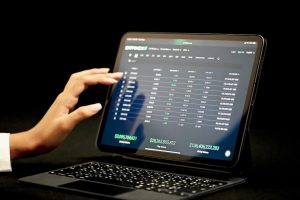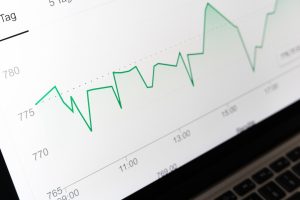Forex, or foreign exchange, is the world’s largest financial market. It is a decentralized market where various currencies are traded, and it operates 24/7. Forex trading has become increasingly popular over the years, and it is estimated that the daily volume of forex trading is over $5 trillion. However, one of the questions that traders often ask is how much does forex charge per transaction?
The cost of trading forex can vary depending on several factors such as the broker, the currency pair being traded, the trading platform, and the trader’s trading strategy. Typically, there are two main costs associated with forex trading: the spread and the commission.
The Spread
The spread is the difference between the bid price and the ask price of a currency pair. The bid price is the price at which a trader can sell a currency pair, while the ask price is the price at which a trader can buy a currency pair. The spread is essentially the cost of trading forex, and it is measured in pips. A pip is the smallest unit of measure in forex trading, and it represents the fourth decimal place in a currency pair.
For example, if the bid price of the EUR/USD currency pair is 1.2000, and the ask price is 1.2002, the spread is 2 pips. This means that a trader must pay 2 pips in order to enter a trade. The spread can vary depending on the broker and the currency pair being traded. Generally, major currency pairs such as EUR/USD and USD/JPY have lower spreads compared to exotic currency pairs.
The Commission
Some forex brokers charge a commission on top of the spread. The commission is a fixed fee that a trader must pay for each transaction. The commission can be a percentage of the trade size or a fixed amount. For example, a broker may charge a commission of $5 per lot (100,000 units of currency) traded.
The commission can also vary depending on the broker and the trading platform. Some brokers offer commission-free trading, while others charge a commission. It is important for traders to understand the commission structure of their broker before opening an account.
Other Costs
Apart from the spread and commission, there may be other costs associated with forex trading. These costs can include swap fees, rollover fees, and inactivity fees. Swap fees are fees charged for holding a position overnight, while rollover fees are fees charged for extending a position beyond the settlement date.
Inactivity fees are fees charged by some brokers for not trading for a certain period of time. Traders should be aware of these fees and factor them into their trading costs.
Conclusion
The cost of trading forex can vary depending on several factors such as the broker, the currency pair being traded, the trading platform, and the trader’s trading strategy. The spread and commission are the two main costs associated with forex trading. The spread is the difference between the bid price and the ask price of a currency pair, while the commission is a fixed fee charged by some brokers. Traders should be aware of these costs and factor them into their trading strategy.






